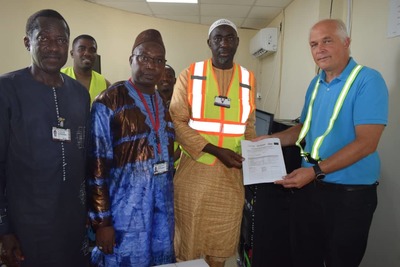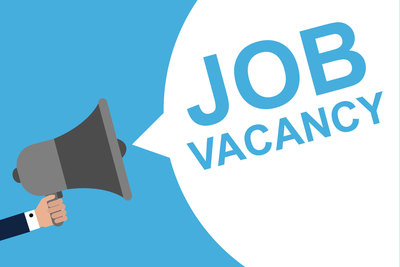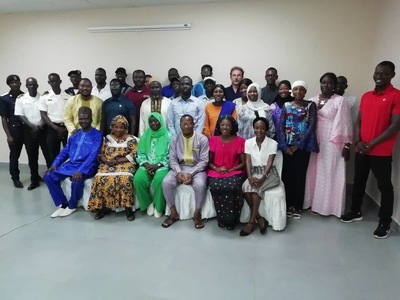Training Of Fishing Vessel Observers

The department of Fisheries under the Ministry of Fisheries, Water Resources and National Assembly Matters on Wednesday, 11th August, 2021, started a three day training for Fisheries Vessel Observers.
Speaking at the opening ceremony, Malang Darboe, deputy permanent secretary MoFWR-NAMs recalled that in October 2018, the Honourable Minister of the MoFWR led a delegation to Brussels, Belgium to negotiate and signed a Sustainable Fisheries Partnership Agreement on behalf of the Government of the Republic of The Gambia with the European Union.
He explained that under the agreement, there is a component known as Fisheries Sectoral Support through which this training of fishing vessel observers is funded.
This Partnership agreement is for duration of six years, he said, adding that the objective of the Fisheries Sectoral Support is to strengthen the sustainable management of our fisheries resources and the development of the sector, in particular Fisheries Monitoring, Control and Surveillance of our waters.
He further stated that Illegal, Unreported and Unregulated (IUU) fishing is a global concern which needs concerted effort in our drive to minimize the menace, while acknowledging that the observer scheme plays a very important role in the fight against IUU fishing.
“Observers offer permanent presence at sea, collect data on board fishing vessels thereby reducing the act of IUU activities in our waters. Thus, the need to develop their capacity through training for better performance in the execution of their,” he concluded.
For her part, Anna Mbenga Cham, Ag. Director of the Department of Fisheries deliberated on the importance of the Fisheries Vessel Observers, stating that their role is internationally recognized.
“The observer program is one of the complimentary efforts being used, particularly by coastal states, to prevent and stem the prevalence of Illegal, Unregulated and Unreported fishing,” she said.
Fishing Vessel Observers does not have legislative authority to enforce fisheries regulations (Gus van Helvoort) 1986.
She further explained that the authority is vested with the fisheries inspectors and Naval officers and considered not to be compatible with the Observer mandate, which is to observe, record and report.
“However, biological and environmental information from industrial fishing vessels is collected by the observers together with the catch and effort data,” she said.
This information is then analyzed and used in the management of the resources she said, adding that a good quality data can be collected by well-trained Observers therefore the conduct of this training is very essential.


